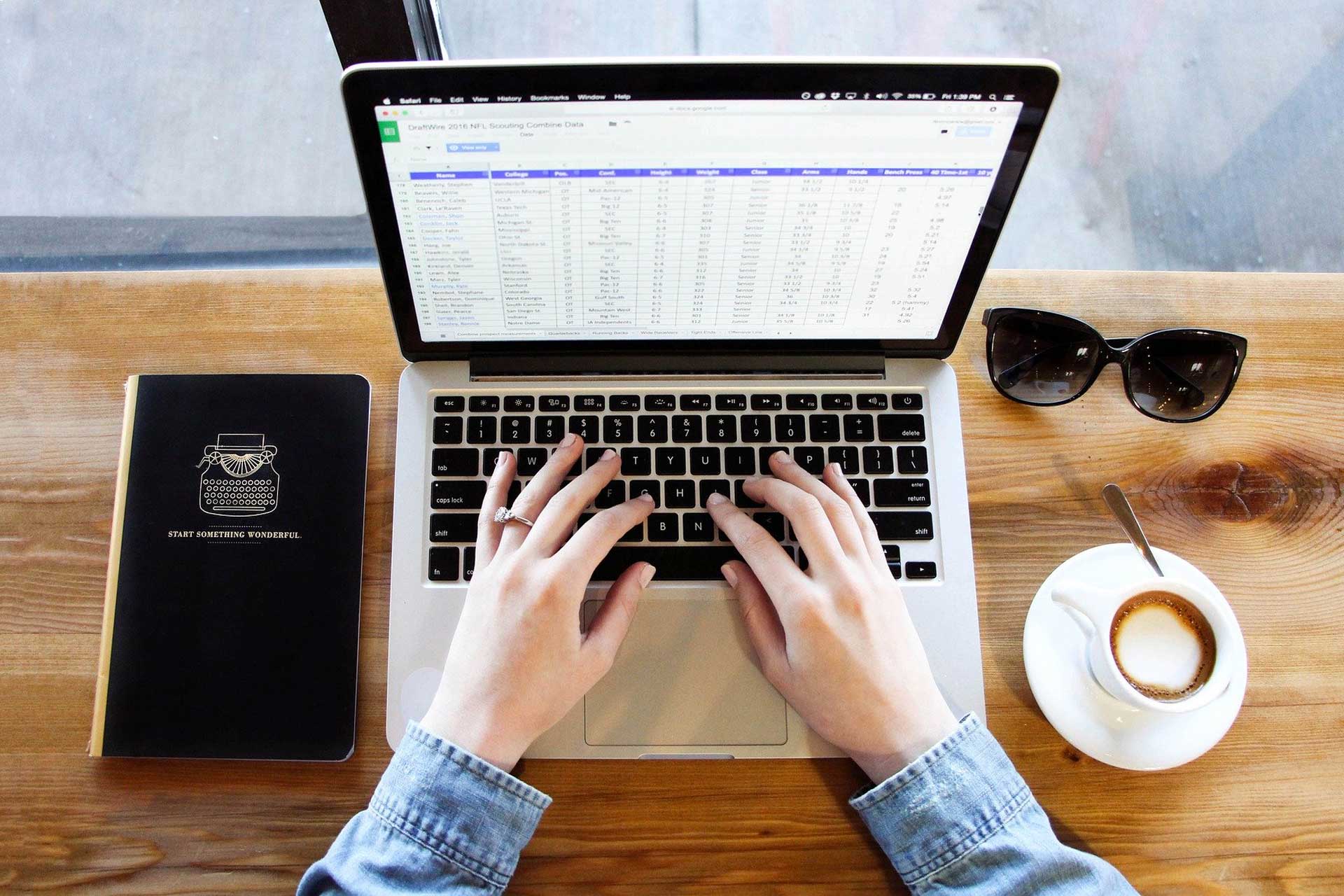IFRS 16 – When Spreadsheets Just Won't Do
If you are involved in financial reporting, then you almost certainly know that IFRS 16, the new standard for Lease Accounting, comes into effect for businesses with a reporting period starting on or after 1 January 2019.
Scope
By way of a quick recap, IFRS 16 covers financial and operating leases. Under the old IAS17 rules, “finance leases” (where substantially all the risks and rewards of ownership of an asset were transferred to the lessee) were reported in the balance sheet but all other leases – “operating leases” – were off balance sheet.
Under the new standard, lessees must record all finance and operating leases on their balance sheet, other than short-term and low-value leases:
- As liabilities, calculated as the present value of the future lease payments
- As assets, reflecting the value of the right to use the asset during the lease term
Impact
Calculations will quickly get complex, taking into account the character of the lease and the considerable amount of data that will be needed - for example, the implicit interest rate in the lease, depreciation of the asset, associated costs incurred by the lessee and so on.
Something else to consider is the impact on your balance sheet. The greater recognition of leases on the balance sheet will have quite an impact on key accounting ratios, typically reducing the stated return on capital employed and increasing gearing. There may also be an impact on profitability, where aspects such as depreciation of the asset could have a greater effect than using the more traditional straight-line basis.
Consequently, not only will IFRS 16 affect lease administration and accounting, it will also influence decisions companies make about whether to lease or purchase, and when and for how long to enter into lease agreements.
Why You Need A Proper Tool
The sheer scale of this exercise means that for almost all affected companies, trying to deliver this on a spreadsheet – or more likely, a large number of disconnected spreadsheets – will be totally impractical:
- Each lease – and you may have hundreds or even thousands – will have a number of data elements that need to be recorded and maintained: value (of course), start and end date, payment plan, interest rate, service elements, charge free periods and other incentives, renewal and termination options, and so on
- Not only will you want to report the data, you will also want to be able to analyse it, continually assessing the optimal finance options for your business
A comprehensive IFRS 16 application will deliver the important accounting tasks efficiently and accurately and will also provide the insight needed to make optimal decisions on future financing arrangements.
Check out our IFRS 16 page for more information on potential solutions.





